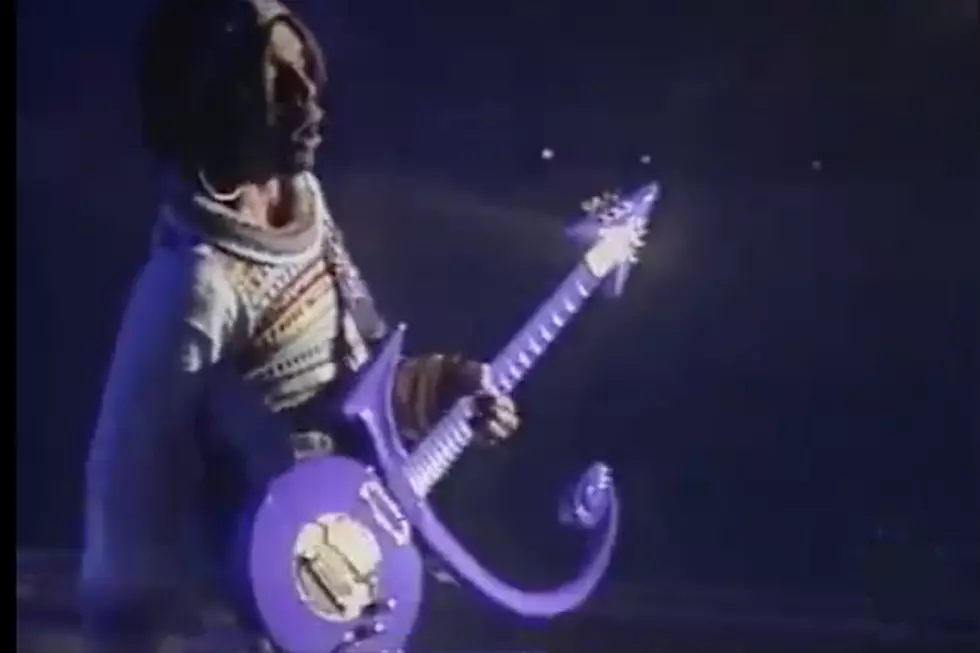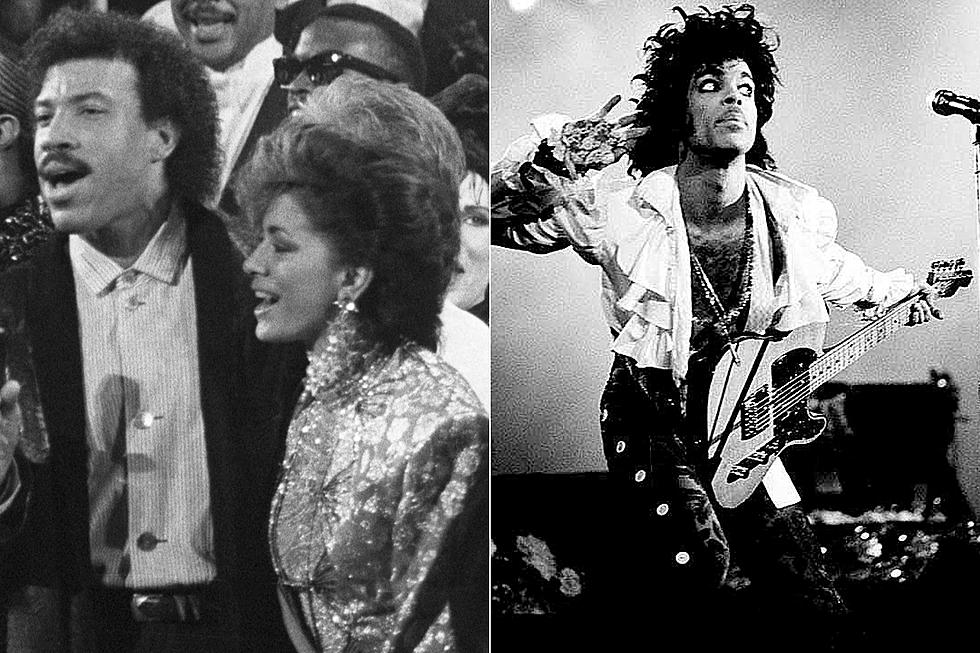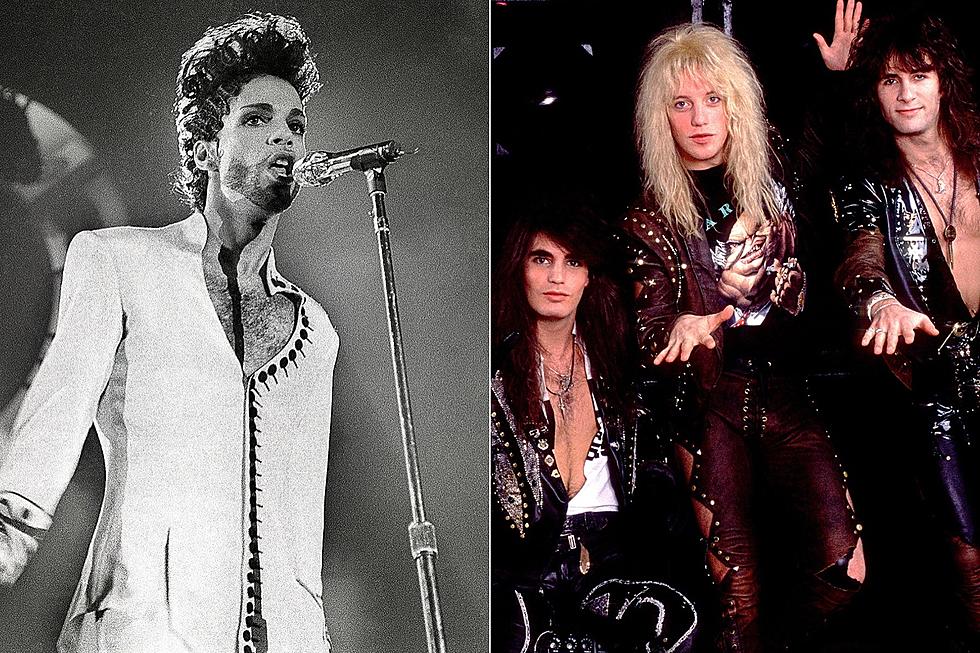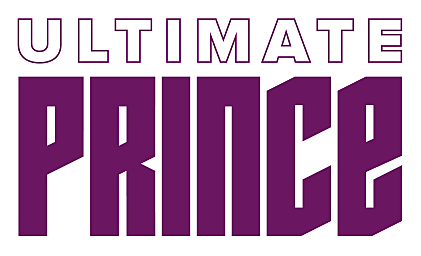
Prince Gets Spiritual With ‘Motherless Child’
In the mid-'90s, Prince took to writing the word "slave" on his face to publicize how he felt he was being treated by his longtime label Warner Bros. But those emotions persisted even after he had cut ties with the company, and several years later, he began performing the Negro spiritual, "(Sometimes I Feel Like a) Motherless Child."
The song has its origins in the days of slavery, when children were separated from their parents upon being sold. Over the decades it became an African American gospel-blues standard, recorded by such luminaries as Louis Armstrong, Mahalia Jackson and Paul Robeson. It became adopted by the folk music scene during the civil rights movement, with high-profile covers by Harry Belafonte, Odetta, Pete Seeger and Peter, Paul & Mary. The "Gospel Medley" of Elvis Presley's 1968 Comeback Special began with Darlene Love singing it, and Richie Havens worked it into "Freedom" from his opening set at Woodstock.
Although it's believed he never recorded it in the studio, "(Sometimes I Feel Like a) Motherless Child" occasionally made its way into Prince's setlists beginning in May 1999. A version of it, from Spain's Septimo program in November 1999, can be found below. True to form, Prince completely re-contextualizes the song, changing the key from minor to major, staying mostly on one chord and changing the last line of "A long, long way from home" to "'Cause you left me on my own." And, of course, he adds a few searing guitar solos. But he retains the track's gospel origins through his biblical reference at the beginning and the call-and-response vocals with keyboardist Kip Brockshire.
Playing bass during this concert was Larry Graham, formerly of Sly & the Family Stone. According to the Star Tribune, a few years prior, they had struck up a conversation after a concert in Nashville and Graham, a member of the Jehovah's Witnesses since 1975, became his spiritual adviser.
In 2003, Prince officially joined the church. The conversion had a profound effect on Prince. He was frequently seen going door-to-door to spread the word, and attending Sunday services in the Kingdom Hall in St. Louis Park, Minn., where he was known simply as "Brother Nelson." He stopped performing songs that were sexually explicit - although he would occasionally relapse to some degree - and he even gave up swearing. Shortly after Prince's death, Questlove recalled a time in Paisley Park where he swore in front of Prince.
"It wasn't anything too major," he wrote in Rolling Stone. "I think I said 's---.' Prince had a curse jar; every curse cost a dollar. 'But you're rich,' he said. 'Put in $20.' 'Hey,' I said. 'You taught me how to curse when I was little.'" ... I thought I saw Prince wince a little bit. .... Maybe he actually felt bad that he had turned a generation of kids toward foul language and impure thoughts. I hope not. I was just trying to get out of paying a fine that was justified, for cursing that was probably justified, learned from music that will forever be justified."
Prince Albums Ranked in Order of Awesomeness
More From Ultimate Prince










